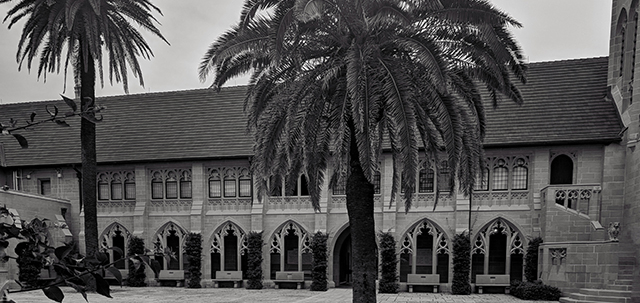Most folks know about the Church’s big celebrations, days we call “feasts:” Christmas, Easter, and Pentecost, just to name three. But as summer unfolds, we find ourselves in a lengthy stretch devoid of special liturgical celebrations. We’ve entered the period called “Ordinary Time.”
Ordinary Time begins directly after Pentecost and continues till the first Sunday of Advent. It isn’t actually named in our Prayer Book; nevertheless, the phrase “Ordinary Time” gets plenty of use in Episcopal circles. (Well, okay, maybe mostly by the altar guild and clergy!)
Growing up, I learned ordinary time did NOT earn its name by being, well, plain. Instead, it’s derived from the word “ordinal,” meaning numbered in a series – first, second, third, and so on. We number the days in this stretch ordinally, as in “The First Sunday after Pentecost,” “The Second Sunday after…” You get the idea.
But another school of thought says, Ordinary Time means exactly that – ordinary. Everyday. Perhaps even plain. And I’ve grown rather fond of that description. Because isn’t that what most of our lives are like? Ordinary days, one after the other, strung along like beads on a necklace? Each and every ordinary day is a precious gift, to be delighted in and valued just as much Christmas morning. Different, yes – but no less dear.
Friends, Jesus is Lord of Ordinary Time. He teaches us to live as beloved children of God, and helps us follow him faithfully, day after day, week after week. In this “ordinary” way the Holy Spirit transforms us into Christ’s likeness and draws us ever deeper into relationship with him. May God do nothing less in your life and mine during this delightful expanse of Ordinary Time.
The Rev. Susan R. Beebe

